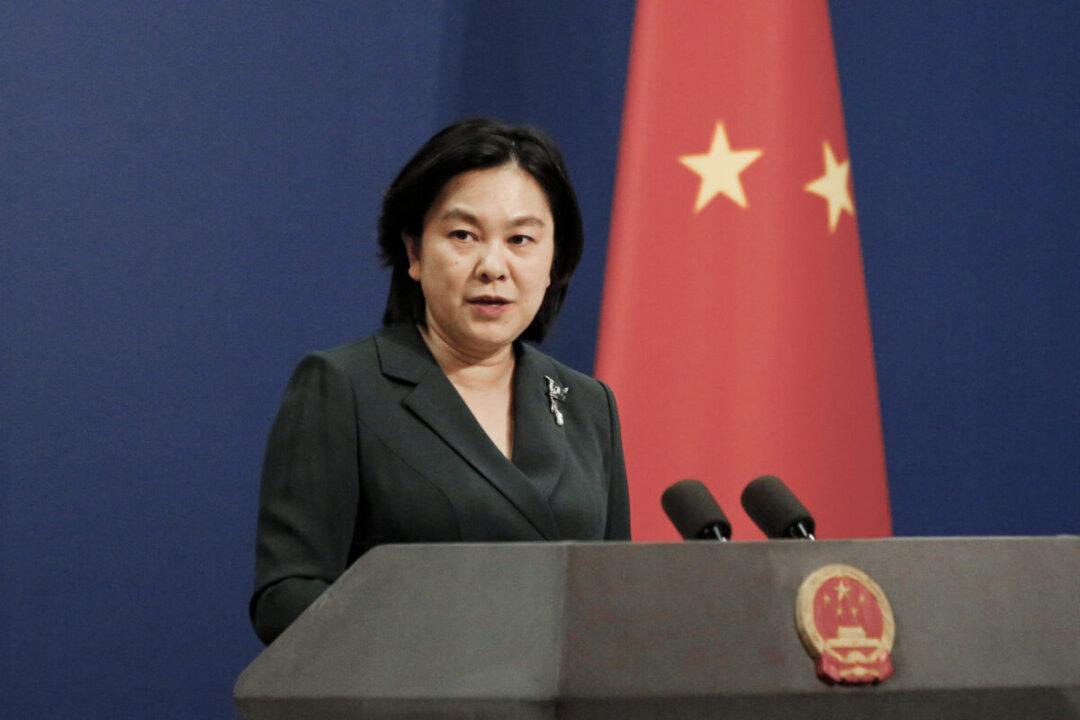Chinese foreign ministry spokesperson Hua Chunying said the United States withdrawal from Afghanistan was “a laughingstock,” during a daily press conference on Aug. 19, as part of Beijing’s propaganda campaign to leverage the crisis to attack the United States.
Islamist terrorist group Taliban swept across Afghanistan and took over the capital Kabul as the U.S. troops withdrew from where the forces had been stationed since 2001.




